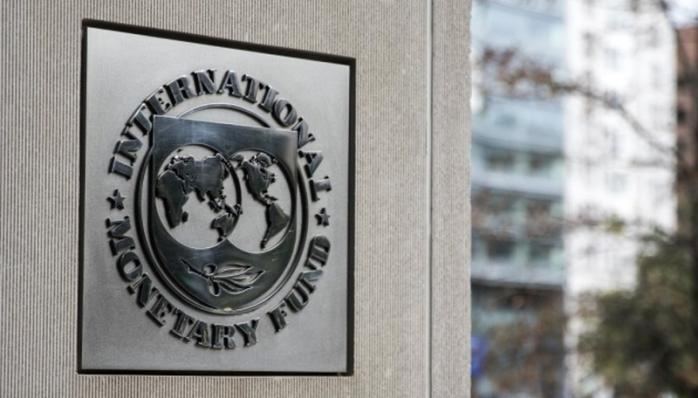BAKU, Azerbaijan, Apr. 27
By Ilkin Seyfaddini – Trend:
The International Monetary Fund (IMF) forecasts a seven percent growth in Uzbekistan's real GDP in 2021, Trend reports referring to the report on the Middle East and Central Asia of International Monetary Fund (IMF).
The forecast for Uzbekistan's economic growth in 2020 has been confirmed at 1.8 percent. Also inflation in Uzbekistan is expected to decline from 12.6 percent to 10.6 percent, in 2021.
The current account deficit among CCA oil exporters could decline further to 6.7 percent of GDP in 2020, led by a sharp fall in exports (including those of commodities), with effects most pronounced in Uzbekistan and Kazakhstan.
IMF notes that the onset of the coronavirus disease (COVID-19) pandemic and a sharp fall in oil prices after the breakdown of the Organization of Petroleum Exporting Countries and other major oil producers (OPEC+) coalition have tipped the Caucasus and Central Asia (CCA) region into a recession, expected to be worse than during the 2008 global financial crisis and the 2014–2016 shock.
"This has undercut a generally robust performance since 2017, driven partly by generally strengthened macroeconomic frameworks and buffers," said the IMF. "Most significantly, the decline in global oil demand has been compounded by the recent breakdown in the OPEC+ agreement and subsequent decisions by Saudi Arabia and others to ramp up production of oil. The resulting large decline of more than 50 percent in the price of oil since January—combined with declines in prices of other commodities—will most strongly affect CCA oil exporters."
The report further said that import volumes from affected trading partners are also high for both oil exporters and oil importers.
"Over 40 percent of Uzbekistan's imports are from affected trading partners in Asia and Europe. Moreover, Uzbekistan has been included in the list of countries that have announced fiscal packages of between one and three per cent of GDP to address the indirect economic impact of the pandemic," the IMF said.
"In general, countries tended to be well informed about exchange rate trends and planned additional spending related to medical care. As the pandemic intensifies in the region, however, more funds may be needed. Targeted budgetary and financial support measures are most appropriate to address some of the most acute problems associated with the pandemic. Countries affected by the virus should urgently direct funding to alleviate limited health service capacity and contain spread. These may include mitigation measures such as the provision of temporary health facilities for quarantine and treatment of victims," the IMF report says.
IMF noted, that few countries have the fiscal space (Azerbaijan, Kazakhstan, Uzbekistan) to consider such measures without reallocating existing plans.
"Such deviations from planned budgets should be clearly communicated as temporary efforts to address the immediate challenge. However, in general, the magnitude needed for the response, especially where fiscal space might be limited, would require concerted international support to help create temporary policy space in addition to the careful reorientation of expenditure priorities", stressed the IMF.
Monetary and exchange rate policies will play a critical and complementary role to play to counter impacts of pandemic-induced demand and terms of trade shocks, the IMF's message said.
---
Follow author on Twitter: @seyfaddini






